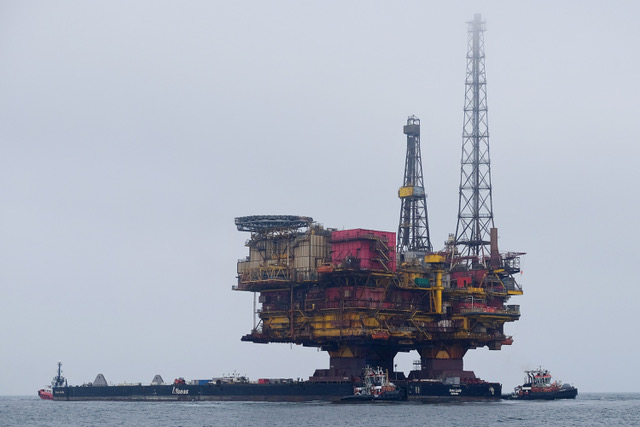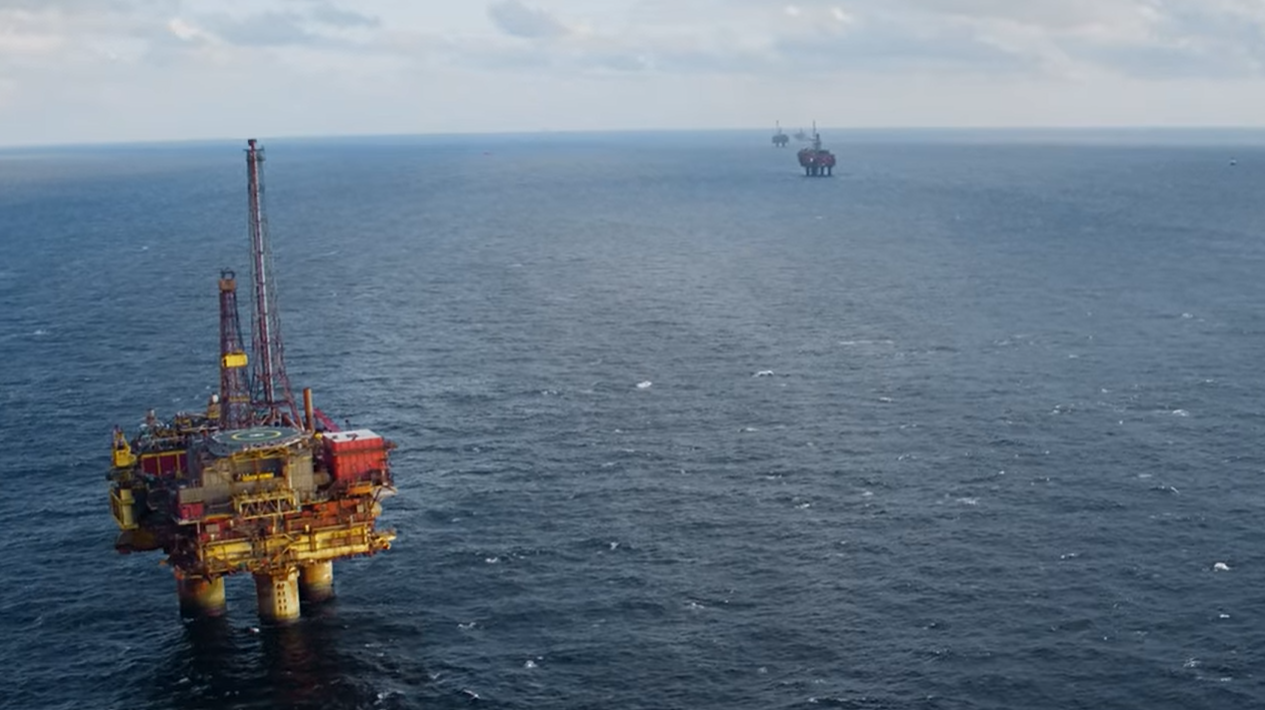
Shell (LON: SHEL) has disclosed nearly $750m of tax rebates received from the UK Government for decommissioning its Brent oilfield in the North Sea.
The shutdown of the iconic field, which the international crude benchmark takes its name from, started in 2017 after four decades of production. Preparation began in 2006.
Later this year the final platform, Brent Charlie, is expected to be removed.
According to its latest payments to governments report, Shell received a $43.3m rebate during 2023 for Brent and other Northern North Sea assets.
Taken together with its previous reports, which only date back to 2015, a total of $748m of rebates have been disclosed from the government to Shell.
The true figure may be higher as earlier versions of the report did not include pullouts with the Brent decom disclosures.
It is also not possible to assess the rate of relief Shell has claimed without further information.
Oil firms’ tax relief for decommissioning
Shell has previously said the figures should be compared against the £20bn of tax revenues generated from the oil and gas field since it started production in 1976.
The largest individual year that Shell has received rebates for – which it has disclosed – was 2015 when it received $154.36m, followed by $115.6m in 2016.
Tax relief is available for firms decommissioning assets in the UK oil and gas sector as a genuine business expense – and has often been wrongly represented as a subsidy – as a repayment of tax which was denied during the life of the field’s production.
Experts say this “is not and has never been a subsidy”, comparing it to a loan made to the government on tax relief during the life of a field which is then repaid when decommissioning occurs.
Nonetheless, it is still an outflow of cash from the exchequer and an issue which has increasingly come under public scrutiny.
The National Audit Office has previously projected a £24bn total bill to the taxpayer for decommissioning rebates.
Rebates only occur once decommissioning takes place, meaning that in certain recent years Shell did not pay any taxes due to the size of the payments.
That drew ire during the recovery from the Covid pandemic when the firm posted record profits, with NGOs decrying it as a “scandal”.
Shell has been contacted for comment.
Publishing the document, the firm said it believed that “being open about our tax payments helps people to understand how much we pay and why”.
Recommended for you


 © Shell
© Shell